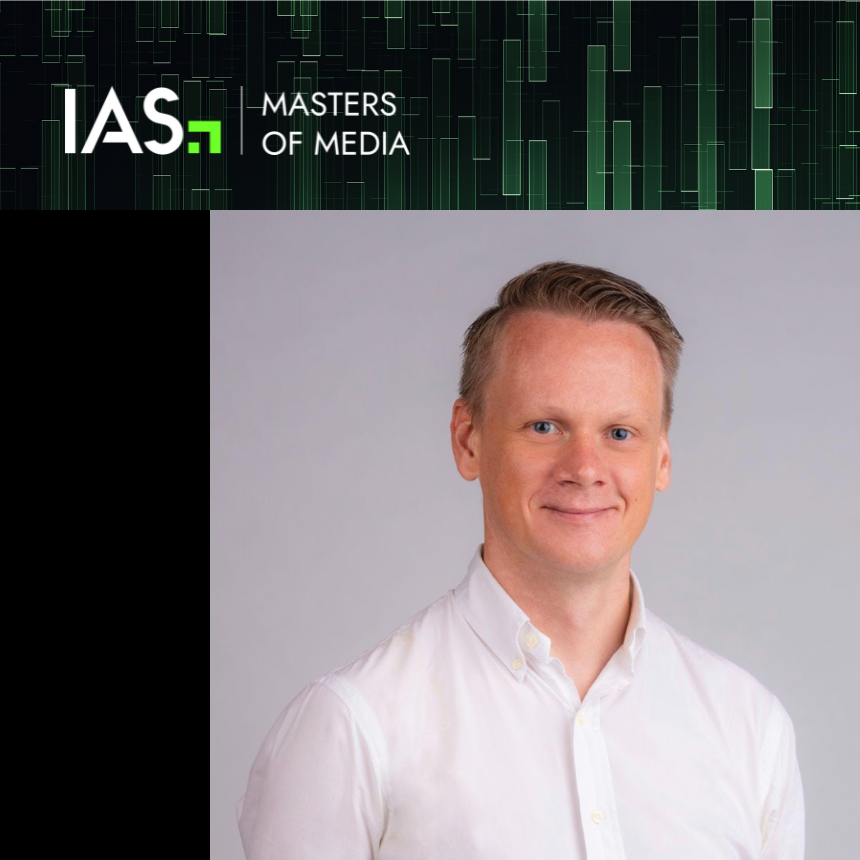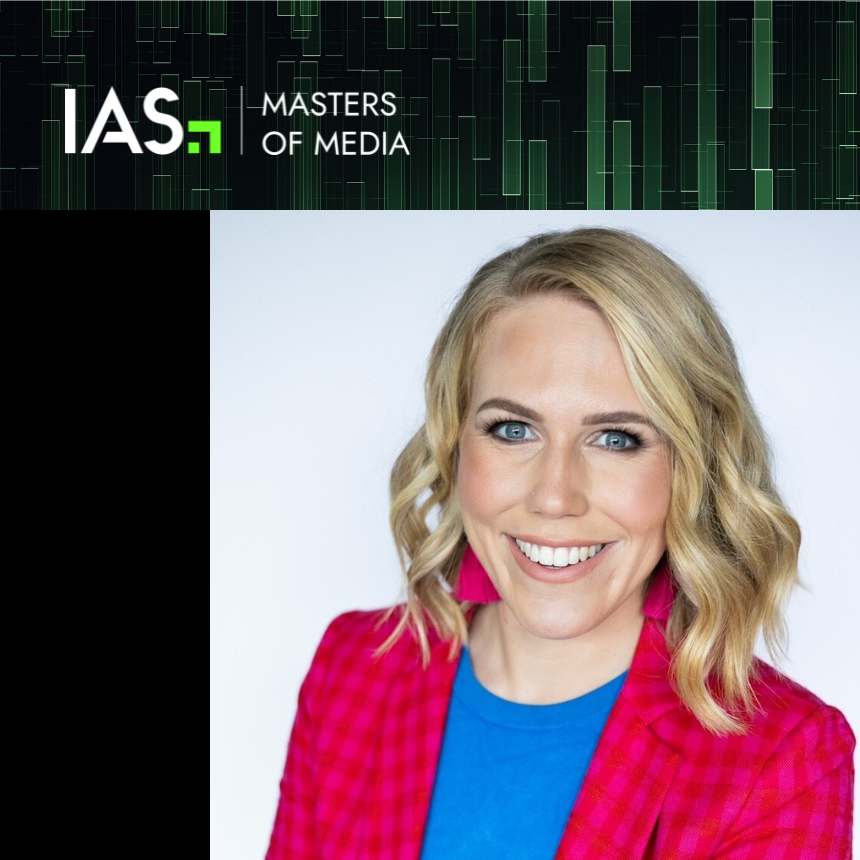
In this exclusive “Masters of Media” series, Integral Ad Science (IAS) speaks to the Movers and Shakers of the APAC advertising industry on all digital matters.
Dru Nho is the National Head of Digital at Wavemaker Australia, where he is leading the national digital and performance team to deliver the best-in-class strategy in digital, performance, data, tech and analytics. A graduate of the University of Technology at Sydney, Dru has mastered the ins and outs of the media industry while working with organisations such as UM Worldwide, MindShare, Ikon Communications, and Dentsu Aegis Network in the last decade.
IAS: Please tell us about your digital advertising journey and your current role at Wavemaker.
Dru: Interestingly, I never intended to get into media. After graduating from university, I managed a small retail shop outside of Town Hall Station.
A friend who had just completed a brief stint in U.M. asked me if I was interested in working at a media agency. Without the faintest idea of what a media agency was, I was fortunate enough to land my first professional gig as a Digital Coordinator across the Federal Government account.
Over a decade later, I am now the National Head of Digital for Wavemaker and find myself with no other transferable professional skills outside of media. My role here is simple; positively provoke digital growth for our clients and people.
IAS: According to you, what should marketers prioritise in their digital advertising campaigns?
Dru: Marketers should understand the intricacies of the human psyche. Whilst much of what we do today is rooted in binary numbers and subjective statistics analysis, there is beauty underneath this science — getting deeper into the behavioural spiderweb of our consumers’ brains. The psychological element of our industry has been diluted & reduced to reductive 12-question survey ‘test & learn’ campaigns combined with arbitrary measurement frameworks that do not represent how humans operate, think, are influenced, or process the abundance of advertiser information. Advertising campaigns should be an experience rooted in consumer connection, not if pixels were viewed.
IAS: Which key changes do you anticipate taking shape in 2023 with regard to digital advertising?
Dru: In 2023, concerning digital advertising, I see permutations of the changes that took shape in 2022. Furthermore, below are a few key changes I anticipate taking shape in 2023.
- At the core of our roles is a commercial obligation that organisations are predicated by. Given that reality, the core changes or adjustments will be made to macro areas such as measurement, effectiveness and the structural tech changes businesses will make to become data-savvy & compliant.
- The new kid on the block could be the creation & adoption of deep experiential-based comms. Whether this is done in a digital realm or not, the value exchange will now tip in favour of the consumer. To achieve true cut-through in a comms-saturated and economically unstable society, organisations need to pivot and provide consumers with tangible and sensory-heightening experiences to be remembered.
- Web 3.0’s expected decentralisation of the internet will begin to garner more consumer disruption. This, in turn, will force advertisers to discover new ways to keep them engaged. It may also mean the end of society; the word disruption may look more like decimation.
IAS: If there’s one myth related to programmatic you’d like squashed, what would that be?
Dru: The first myth I would like to squash is that it’s easy or beyond mistake.
The second myth would be that the aspect of control was touted as one of the great advancements with programmatic advertising; we forget that with control comes the element of human involvement. I’ve seen the hours, effort, and concentration many of my programmatic colleagues put into their work. While there are significant benefits we need to acknowledge that the relationship between machines, humans & efficacy is mutually exclusive.
IAS: In your opinion, is the industry doing enough to combat the trust and transparency challenges in the digital supply chain?
Dru: For this question, I think it depends on your definition of ‘doing enough’.
The digital supply chain conversation has evolved considerably in the last few months. We started talking about transparency and safety, and now to the environmental & social impacts. We need to be clear on which issue we are looking to solve, only then can we collectively devise the appropriate method to combat it.
Having been part of this industry for the greater part of my adult life – we are incredible at celebrating differences in thought and opinion; it is truly a remarkable industry where individualism is celebrated. The other side of the coin is that it becomes harder to reach a consensus.
IAS: Any advice for leaders on talent retention and supporting a hybrid workforce?
Dru: My first advice for leaders on talent retention and supporting a hybrid workforce is to find the right balance between empathy and resistance. Agencies are built on culture, having a hybrid workforce can be a gift and curse.
Second, now more than ever, we live in a culture and society where the two can become contentious subjects in a professional environment. Generational differences between how things ‘were done’ and how things ‘are done now’ means that the ‘traditional’ ways of leadership require more emotional nuance in 2022 to get the best out of our younger talent.
Third, I find that if you invest time early to understand the motivations of your younger staff, that will most likely mitigate less comfortable conversations in the future. It needs to work both ways: be transparent in communicating the impact of the choices being made, and discover how a mutually beneficial understanding can be built.
Last, it is also important to encourage your staff leads to be more resilient.
IAS: What’s your favourite book/podcast/movie and why?
Dru: My favourite book is Surrounded by Idiots by Thomas Erikson. This book continues to help me navigate people personally & professionally.
IAS: What is your advice to the fresh talent in the industry?
Dru: My advice to the fresh talent in the industry would be to be humble and learn how to listen. Learning to listen will make your speech more impactful.
 Share on LinkedIn
Share on LinkedIn Share on X
Share on X

